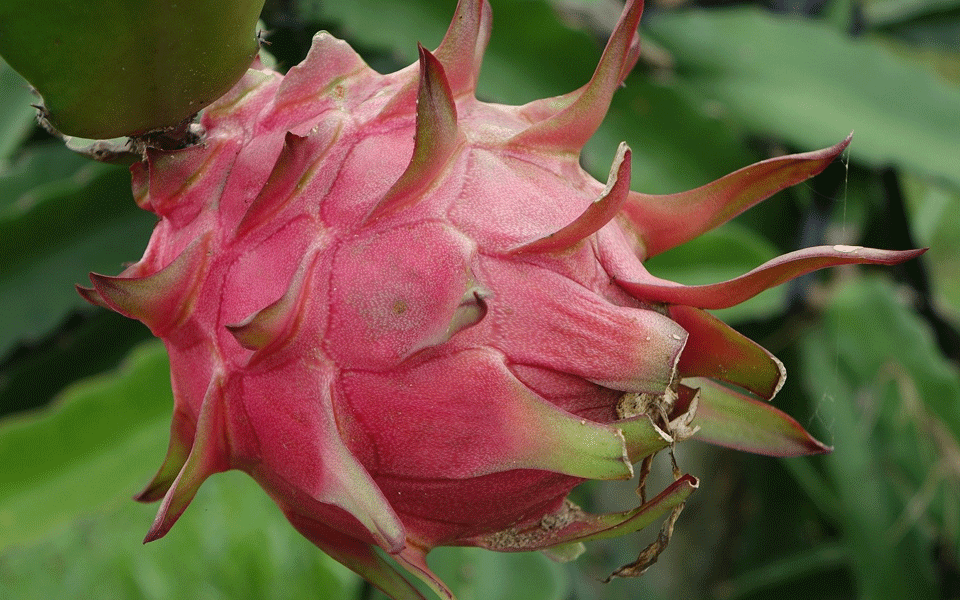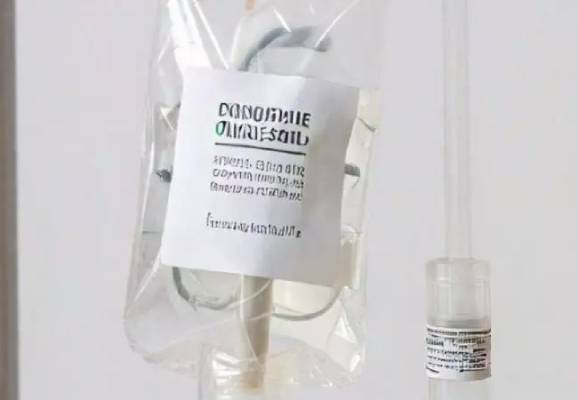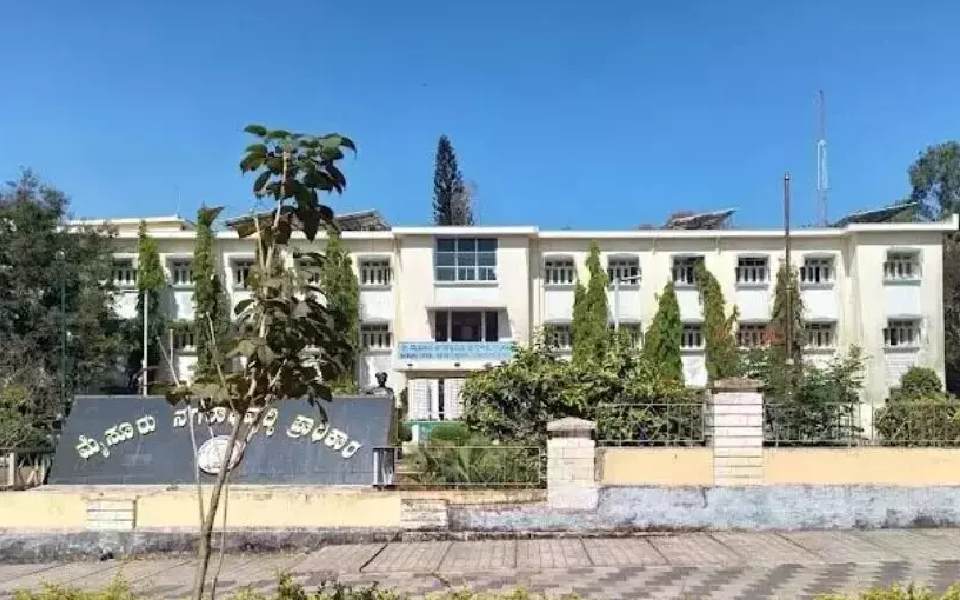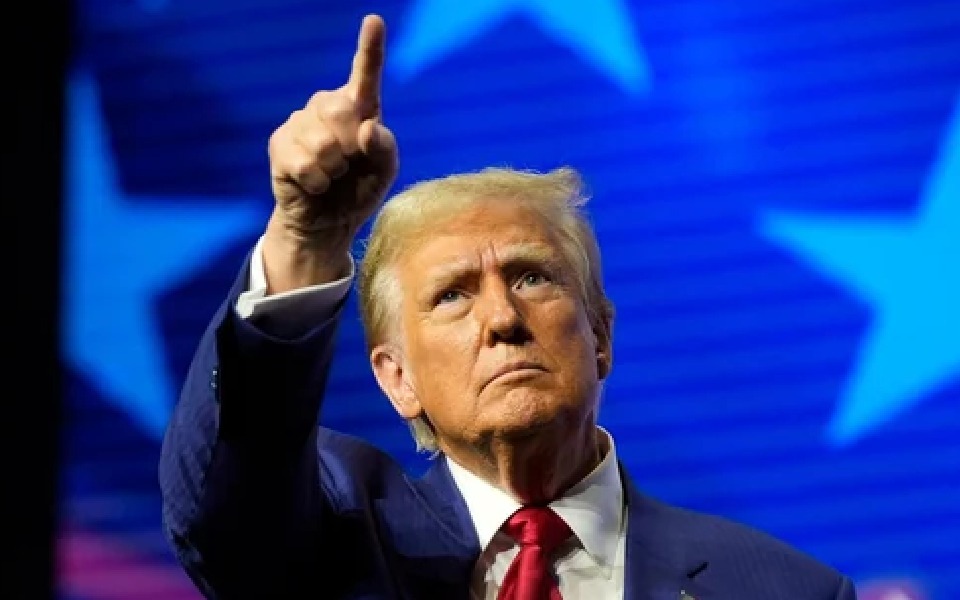Gandhinagar: The Gujarat government has decided to rename dragon fruit as 'Kamalam', Chief Minister Vijay Rupani has said.
The state government has applied for a patent to change the nomenclature of dragon fruit, which is largely grown in Kutch, Navsari and different parts of Saurashtra, to 'Kamalam', Rupani told reporters on Tuesday.
"The name dragon fruit is not proper, and due to its name one thinks of China. So we have given it the name 'Kamalam'," he said.
Asked why the name 'Kamalam' has been given to the fruit, Rupani said, "Farmers say it looks like lotus and that is the reason we have named it 'Kamalam'."
Notably, 'Kamal', or lotus, is the poll symbol of the BJP and Gujarat party unit headquarters is named Shri Kamalam. There is nothing political behind renaming of the fruit, Rupani said.
The fruit is found in arid areas of the state and it is known for its nutritional value, like it also helps in increasing the hemoglobin, Rupani said in reply to question on the need to rename it.
The CM also said it is the most expensive fruit available in the market at this time. The change in nomenclature of the fruit is yet to find its way among the masses and farmers.
Ahmedabad-based housewife Gayatri Vyas, who regularly eats the fruit for its nutritional value, said she is not aware that its has been changed as it is available as 'dragon fruit' only in markets.
The fruit comes from several different cactus species and is recommended to be eaten as it can boost immunity.
Lately, cultivators from some of the state's arid regions like Kutch have largely taken up farming of this fruit.
Let the Truth be known. If you read VB and like VB, please be a VB Supporter and Help us deliver the Truth to one and all.
Bengaluru: The Karnataka Government has sought clarification from the Central drugs standard control organisation following reports linking the serial deaths of pregnant women at Ballari District Hospital to unsafe IV Ringer's Lactate solution. Health Department Principal Secretary Harsha Gupta has written a letter to the Drugs Controller General of India, Rajeev Singh Raghuvanshi.
Recent Investigations revealed bacterial and fungal contaminants in the IV solution given to the women. Out of 192 batches supplied by a West Bengal-based pharmaceutical company, 22 were found substandard by the state drug control department, leading to the suspension of the medicine's use.
However, these batches had passed quality tests at the Central Drug Lab, creating a regulatory conflict.
The Health Department emphasized adherence to tender rules, stating that the Central Drug Lab's approval is legally binding. Samples from the problematic batches have been sent for re-testing at the central lab in West Bengal, with results expected on December 9.
As a precautionary measure, the state has blacklisted the implicated batches and issued directives to halt their use in all hospitals.





